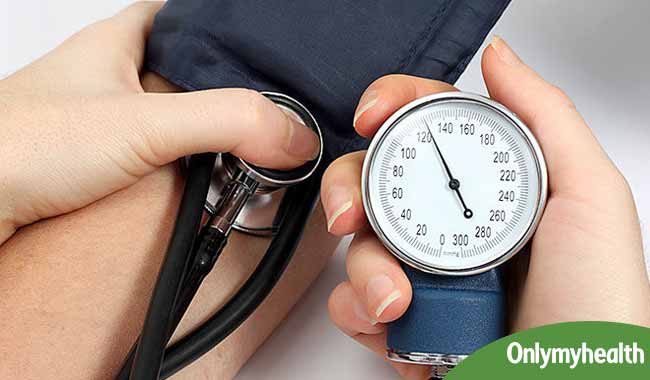
If diet changes and exercise do not lower your blood pressure to the desired target levels your doctor will start medications to treat high blood pressure.

Read: High Blood Pressure Medication Guidelines
Some of the commonly used medications for control of high blood pressure include;
- Diuretics: Diuretics are also called the “water pills”. These medications act on your kidneys and flush out excess water and salt from your body, which results in reduction of blood volume and there by blood pressure. Thiazide diuretics are the preferred diuretics and are usually started in most patients with high blood pressure
- Beta blockers: This group of drugs act on the heart and blood vessels. They open your blood vessels and reduce the workload on your heart. These drugs reduce your heart rate or heart beat and your heart beats with less force. They are usually prescribed along with a thiazide diuretic to increase their effectiveness
- Angiotensin-converting enzyme (ACE) inhibitors: These medications relax the blood vessels and prevent narrowing of blood vessels
- Angiotensin II receptor blockers: These medications relax the blood vessels by inhibiting formation of chemical substances in blood which narrow the blood vessels---hence they relax the blood vessels and make them wider
- Calcium channel blockers: These medications relax the blood vessels and prevent narrowing of blood vessels. Some drugs of this group may slow the heart rate
- Renin inhibitors: These medications decrease the production of renin. Renin, is an enzyme that is produced by the kidneys. It initiates a chain of chemical steps that finally result in increase of blood pressure

Read: Tips to control High Blood Pressure
If your blood is not adequately controlled with combinations of the above medications, your doctor may prescribe:
- Alpha blockers: These medications relax the blood vessels and prevent narrowing of blood vessels. They decrease nerve impulses to blood vessels which results in decrease of effects of chemicals formed in body that narrow the blood vessels
- Alpha-beta blockers: These medications do not only reduce the nerve impulses to blood vessels, but slow the heartbeat as well. This decreases the amount of blood that must be pumped through the vessels and thereby the pressure exerted by blood on the vessels
- Central-acting agents: These medications act on your brain and prevent it from signaling your nervous system to increase the heart rate and narrow the blood vessels
- Vasodilators: These medications relax the blood vessels by acting directly on the muscles in the walls of your arteries
In addition to medications to reduce your blood pressure your doctor may prescribe aspirin. You will need to take this medication daily. It has been shown to reduce your risk of cardiovascular disorders.
Most people with high blood pressure need two or more medications to reach their target blood pressure. Your doctor will generally prescribe a combination of two low-dose medications rather than larger doses of one single drug as two or more blood pressure drugs are more effective than one in controlling hypertension.
Do not stop or change your medications without consulting your doctor.
Read more articles on High Blood Pressure.
For more related articles, Download OnlymyHealth App.







